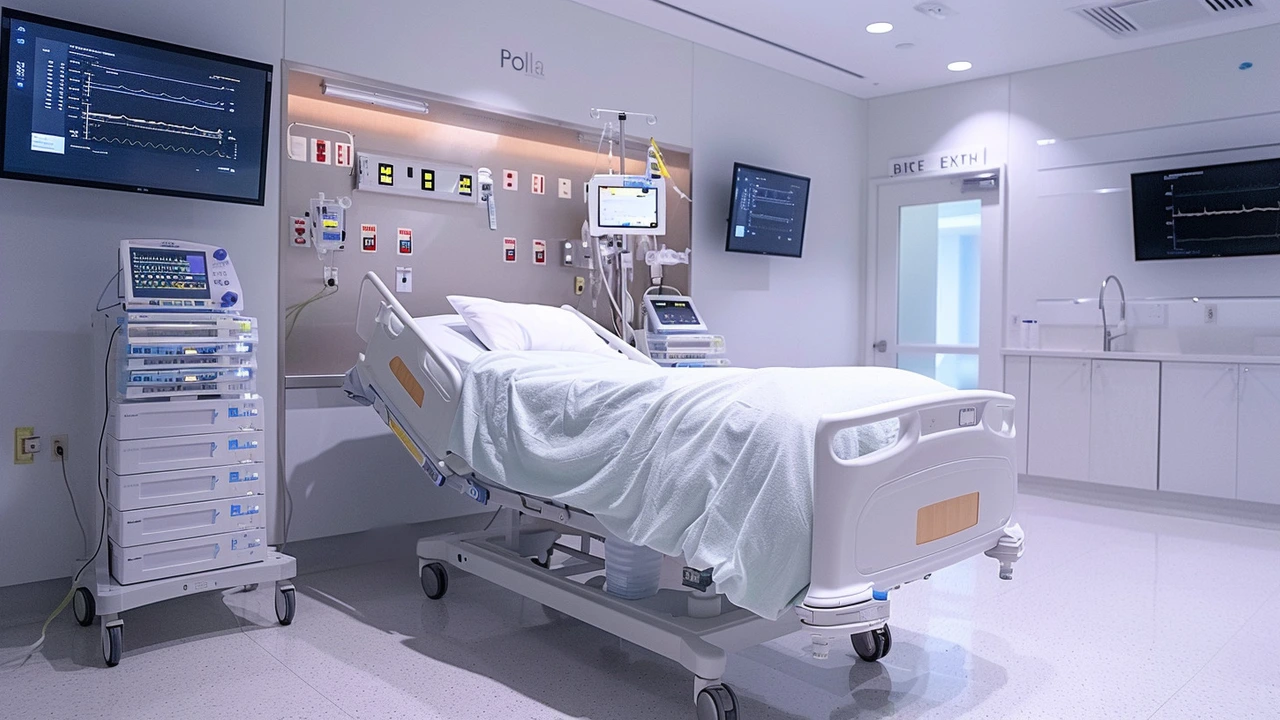Blood Safety in Africa – What You Need to Know
Every time a hospital needs blood, lives are on the line. In many African countries the supply is limited, so making sure each unit is safe matters more than ever. Bad practices can spread hepatitis, HIV, or other infections and turn a life‑saving gift into a danger. That’s why we’re breaking down the basics of blood safety, what health workers do, and how you can help keep the process clean.
Why Blood Safety Matters
Blood is screened before it leaves the donation center, but problems still happen when labs lack proper equipment or staff skip steps. In South Africa, for example, a recent audit showed that 1 in 200 units missed a key test because of outdated reagents. That tiny slip can lead to serious illness for patients with weak immune systems.
Beyond the lab, transportation is another weak link. Blood bags need to stay at the right temperature from collection to transfusion. A broken cooler or a delayed truck can ruin a whole batch, forcing doctors to use older stock that might be less effective. These issues are why governments and NGOs push for stronger regulations and better training.
Practical Tips for Safe Donation and Transfusion
If you’re thinking about donating, start by checking the center’s accreditation. Accredited sites follow strict WHO guidelines: they test every bag for HIV, hepatitis B & C, syphilis, and sometimes malaria. Ask the staff how long the testing takes – a good clinic will be transparent.
Before you give blood, make sure you’re healthy. A fever, cold, or recent illness can affect the quality of your donation and might put you at risk. Stay hydrated; drink plenty of water the day before and have a light snack after you give blood to avoid dizziness.
For patients receiving transfusions, always ask the medical team for a “blood safety card” that lists the tests performed on the unit you’ll get. In many hospitals in Kenya and Nigeria, such cards are now standard practice. If you notice any unusual reactions – fever, chills, or rash – tell a nurse right away.
Community involvement can make a big difference too. Support local blood drives that use mobile units with built‑in cooling systems. Volunteer to help spread awareness about the importance of regular screening for donors. The more people know how the system works, the harder it is for shortcuts to slip in.
Finally, keep an eye on new technologies. Some labs across East Africa are piloting rapid testing kits that give results in under 30 minutes. These tools cut down waiting time and reduce errors caused by long‑term storage of samples. When you hear about a new program in your region, ask how it improves safety – the answer will often be simple: faster checks, fewer mistakes.
Blood safety isn’t just a medical issue; it’s a community responsibility. By staying informed, asking questions, and supporting accredited centers, you help protect both donors and recipients. Keep checking our tag page for the latest news, success stories, and practical advice on keeping Africa’s blood supply safe and reliable.
UK Blood Scandal: Impact, Compensation, and Inquiry Findings
The UK's infected blood scandal of the 1970s and 80s led to thousands contracting hepatitis C and HIV from unscreened foreign blood sources. The inquiry into this highlighted systemic failures and recommended compensation and a formal apology, which the government has committed to. Learn about the impacts, inquiry findings, and ongoing response efforts.

